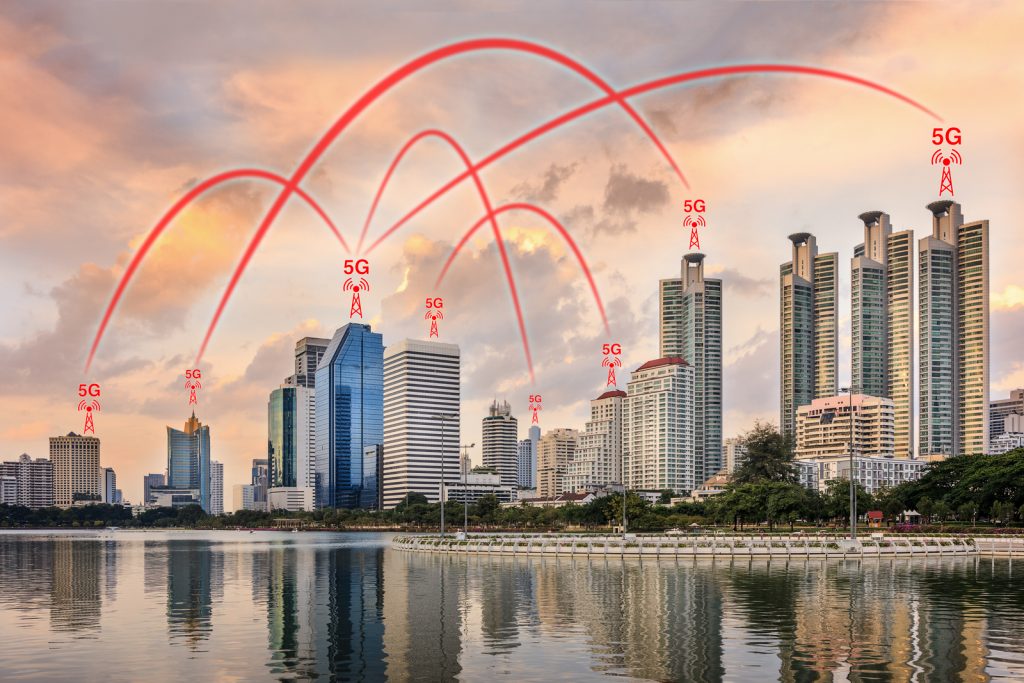Last October, Apple launched its first 5G-compatible smartphones: the iPhone 12 mini, iPhone 12, iPhone 12 Pro, and iPhone 12 Pro Max.
The super-fast mobile network is enjoying massive popularity worldwide, and it's no surprise that they have catapulted to the top of the 5G global market.
According to the latest numbers, Apple's 5G-enabled phones have been selling pretty well and now account for 30% of the market in 2021.
In second place is Oppo. This company of Chinese origin now sells 21 million 5G devices, up from 1.7 million this time last year, an increase of more than a thousand percent.
Oppo's market share currently stands around 16 percent, meaning the company is quite a bit behind market leader Apple.
Vivo, a Chinese company that has increased 5G sales from 2.5 million to 19 million in a year, could take the third place. This gives the Chinese company a market share of around 15 percent.
Despite giving in to Apple's pressure to produce the iPhone X with an OLED panel, Samsung has fallen off the podium with only 13 percent of the market share, going from 8 million to 17 million in the last year, a 105% increase in orders.
The fifth is Xiaomi, a Chinese company that has increased its quarterly sales of 5G smartphones from 2.5 million to 16 million. The company, which has achieved a 564 percent growth, currently has a market share of around 12.4 percent.
Huawei is not on the top list, which is not surprising given that the US-China trade war has for some time now been causing a worldwide decline in interest in Huawei smartphones without Google services.
On average, 5G allows up to ten times faster download speeds and half the response time than 4G, with almost instantaneous response times.
It also allows multiple users to connect simultaneously with virtually no limits, which is even more critical at festivals, concerts, or sporting events.
The future is bright for 5G and will help sell new 5G devices in the upcoming years.
Source: https://news.strategyanalytics.com/press-releases/default.aspx

